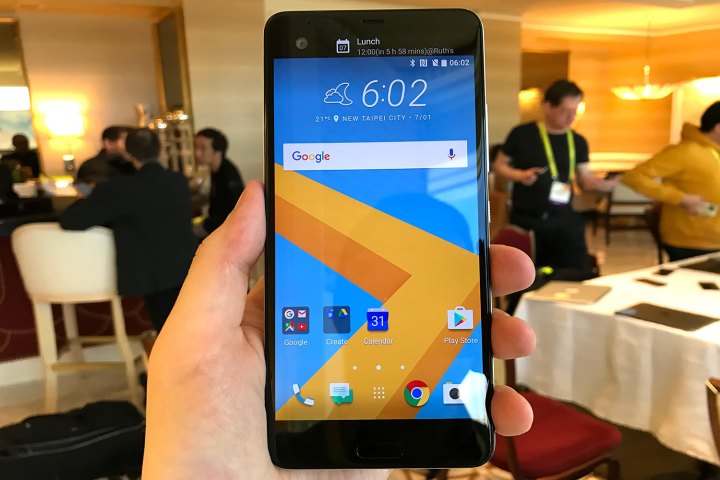HTC’s President of Smartphone and Connected Devices Business, Chialin Chang, has resigned from his post, according to an announcement on HTC’s investor portal.
The Taiwanese company issued a statement to Engadget, thanking Chang for his service and wishing him the best in his future endeavors.
“We can confirm Chialin Chang has resigned from his position as President of the Smartphone and Connected Devices Business at HTC,” the statement read. “We thank him for his dedication to the company for the last six years and wish him well in his future endeavors.”
According to reports from Apple Daily and UDN, Chang chose to leave the company in order to further his personal career plan, and plans to set up an AI-based company in the near-future. While no mention was made of HTC’s recently poor performance in the mobile marketplace, this change at the top follows Google‘s completed sale acquiring a hefty section of HTC’s smartphone division for the princely sum of $1.1 billion. While HTC CEO Cher Wang assured the media the sale would not affect HTC’s ability to make its flagship U-series smartphones, Chang’s departure also comes after recent a earnings report highlighting significant losses for the company in the third quarter of 2017.
Google has relied on HTC to manufacture the original Pixel and Pixel XL, as well as the more recent Pixel 2. While the company’s flagship HTC U11 received rave reviews, Taiwanese analysis firm TrendForce reported HTC’s smartphone production dropped to under 10 million units in 2017.
With the future uncertain for HTC’s mobile division, this may only be the first of many changes for the Taiwanese company. We recently saw LG drop out of the heavily competitive Chinese market, and it could be that HTC may too have to pick its battlegrounds very carefully in order to survive.



